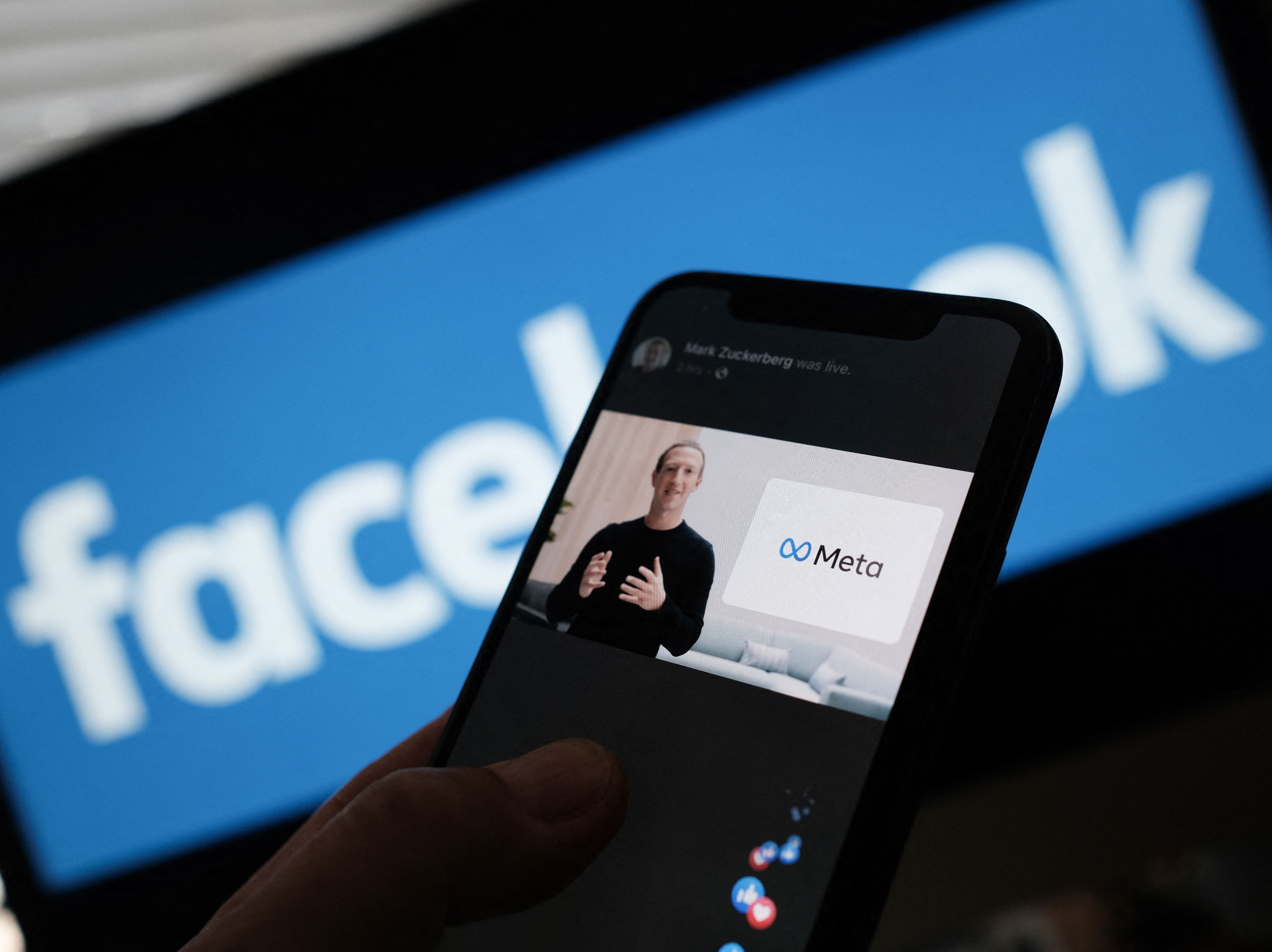Facebook can build its metaverse – I won’t be part of it
Zuckerberg hopes his metaverse will be home to a billion people in the next decade – but I won’t be donning my virtual reality headset any time soon


Your support helps us to tell the story
From reproductive rights to climate change to Big Tech, The Independent is on the ground when the story is developing. Whether it's investigating the financials of Elon Musk's pro-Trump PAC or producing our latest documentary, 'The A Word', which shines a light on the American women fighting for reproductive rights, we know how important it is to parse out the facts from the messaging.
At such a critical moment in US history, we need reporters on the ground. Your donation allows us to keep sending journalists to speak to both sides of the story.
The Independent is trusted by Americans across the entire political spectrum. And unlike many other quality news outlets, we choose not to lock Americans out of our reporting and analysis with paywalls. We believe quality journalism should be available to everyone, paid for by those who can afford it.
Your support makes all the difference.After weeks of rumours, two months after it announced its vision for the future, and several days’ worth of bruising testimony by whistleblower Frances Haugen about the pernicious effect Facebook has on our society and our lives, the social media giant has news for us: it’s renaming to Meta.
The name, says company founder Mark Zuckerberg, is designed to better represent the company Facebook wants to be. “We are at the beginning of the next chapter for the internet, and it’s the next chapter for our company too,” he wrote in a letter announcing the change. Facebook – now Meta – is more than simply a communications platform or a place for us to upload family photos. It wants to be the public square in which we interact in every aspect of our lives.
“In this future, you will be able to teleport instantly as a hologram to be at the office without a commute, at a concert with friends, or in your parents’ living room to catch up,” Zuckerberg claims. And it’ll all happen through virtual reality headsets, as the company demonstrated back in August in a cringeworthy presentation to the press.
Zuckerberg hopes that his metaverse will be home to a billion people in the next decade. It may well be: Meta’s suite of apps, including Facebook, WhatsApp and Instagram, serve 3 billion people worldwide. But I won’t be donning my virtual reality headset any time soon.
It’s not just that the metaverse Zuckerberg is building looks like a slightly janky version of The Sims, with avatars eerily typing three inches above their digitised keyboards and lacking legs if you peek under the desk at which they supposedly sit. I’ve spent enough time in a similar virtual universe, the video game Second Life, to know that this bold new future world has been predicted before, and nothing came of it.
No, I’ll be abstaining because of the simple reason that I don’t believe Facebook, or Meta, can be truly trusted to be a benevolent wizard behind the curtain of our digital Oz.
The last few weeks – and in fact, the last few years, since the 2018 revelations about the use of Facebook data by Cambridge Analytica – have demonstrated to me that Mark Zuckerberg’s company is unwilling to put people before profit. (It’s an allegation they strenuously deny whenever it’s made, saying that not doing so would scupper their business as it relies on happy users.)
And just in the same way that I don’t have an Alexa sitting in the corner of my bedroom, and don’t wear Google Glasses on my head, I won’t be living my life in Meta’s universe.
It’s not just that I’d worry about every conversation, every word I typed, and every foible and fear I have being mined for monetary gain by a company that continues to post bumper profits. It’s that we’re too reliant on tech titans already to transact large parts of our lives; and the issues it’s raised – as well as the catastrophic sense of loss we feel when these platforms fall offline, as Facebook, WhatsApp and Instagram did earlier this year – have been too meaningful for me.
I signed up to Facebook as a naive teenager many years ago, and still have an account, even if I barely use it. As a more long-in-the-tooth 32-year-old, burned by Facebook before and sceptical of its goals, I’ll be giving the “Meta”verse a miss.
Join our commenting forum
Join thought-provoking conversations, follow other Independent readers and see their replies
Comments